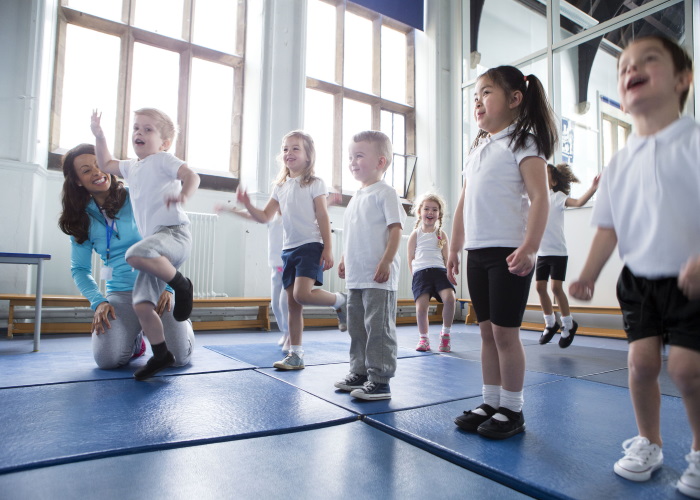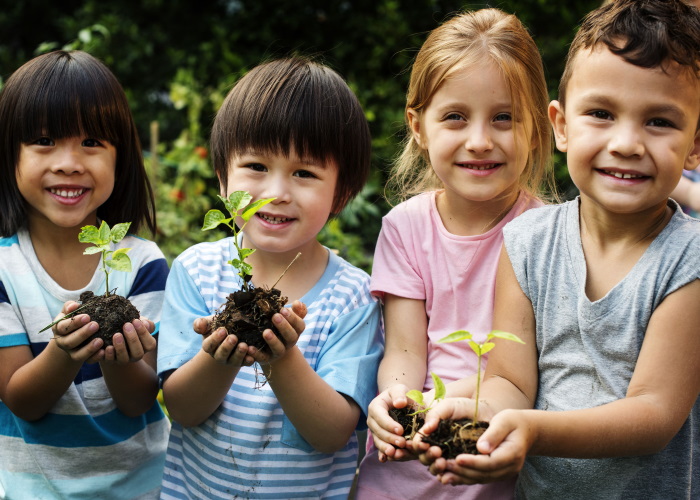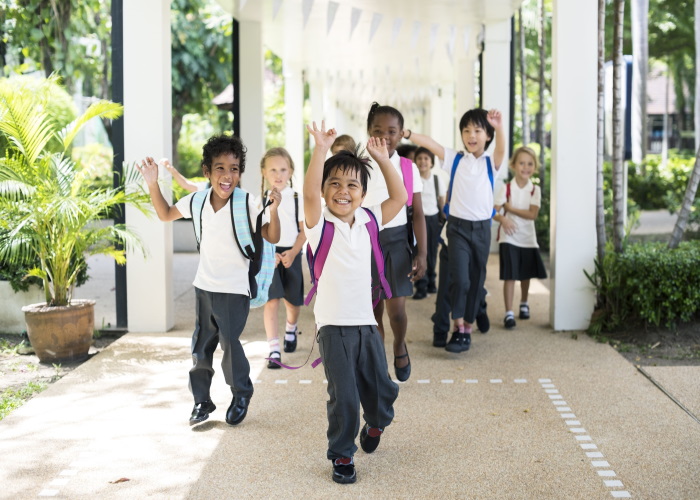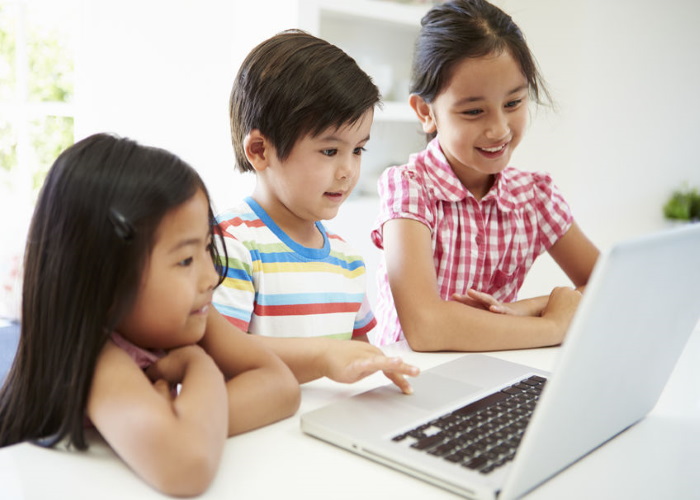Early Childhood Education Trends in Malaysia 2019/2020
by on 02/08/2025 ...

Complications and frustrations with the current education model have accumulated over the years. While the Ministry of Education grapples with the challenge to work out solutions, existing preschools and childcare centres strive to progressively improve services to enhance what the children and families get. Having surveyed the Malaysian early education landscape through in-person school visits and face-to-face interviews with principals, we have accumulated a treasure trove of insights. Here is a look at the current trends that are contributing to the changing early childhood education landscape and what is affecting the profession.
1. Enhanced Curricula Reimagined to Focus on Future Competencies and the Whole Child

Image 123RF | Graham Oliver
In a preschool classroom today, the focus no longer lies on helping children get good grades. Many preschools are redefining what it means to be “smart” and re-evaluating the skills needed to lead a successful life in the 21st century. Lessons place a great emphasis on experiential learning and making a meaningful impact through genuine learning by doing. Teachers are always tirelessly finding ways to spark interest in children that can lead to higher engagement in the learning process.
Teachers are reinforcing the benefits of creativity and linking daily activities to a broad range of essential future skills – social-emotional, cognitive, problem solving, critical thinking, collaboration, leadership and communicative development. Preschools are embracing innovative programmes that open up opportunities for children to explore drama, science, music, performances and presentations, art and more to shape well-rounded children that are equipped with the abilities needed to excel academically and in the workplace.
2. Learning Beyond Classroom Walls

Image 123RF | Rawpixel
Thinking long-term, many preschools are striving to educate a new generation of global citizens. It is about fostering cultural awareness, helping them integrate into a multicultural world and being able to live harmoniously together. It is also an integral part of their programmes to get children in touch with nature and learning how to preserve the environment around them. Learning always goes beyond the classroom walls, bringing children on learning trips, exposing them to outdoor activities, showing them the world outside their textbooks and understanding their future role in the society.
3. Raising Healthy Children

123RF | Rawpixel
Given the significant rise in stress and depression among the youth, mental health and wellbeing have become more of a priority for preschools today. There is a strong focus on preventing mental health issues. Children are supported appropriately through plenty of learning opportunities that boost self-confidence, self-awareness and self-esteem to help them grow into happy, well-adjusted individuals. Children receive more individualised attention based on their unique abilities and are allowed to grow at their own pace, helping to boost their self-confidence. It goes without saying that all preschools work hard to nurture a supportive community and stamp out bullying. Many preschools also believe that it is important to teach children to be philanthropic citizens too. It is also about the efforts, such as participation in charities and volunteering opportunities, to bring up children that support a happier, better community and society as a whole.
4. Transparent Technology to Learn, Connect and Inform

Image 123RF | Cathy Yeulet
In this digital age, many preschools forge ahead and leverage tech-based communication such as mobile applications and messaging to keep parents connected and informed. Efforts are ramped up to share educational activities, daily wellbeing and special projects to ensure parents are up to date on what their child is learning and what is happening in the school. Some schools enhance their lessons using interactive digital whiteboards – Smart Boards – allowing children to easily access a rich database of online resources. Preschool operators are becoming increasingly digital savvy, using social media and seeking emerging platforms to promote further collaboration.
5. Teacher’s Professional Development Matters

Image 123RF | Cathy Yeulet
Many preschools identify the quality of their teachers as a key factor in educational excellence. Be it stand-alone preschools, education groups or franchises, all are becoming evermore committed to invest in their teaching staff. Regular training opportunities are provided to continually help teachers expand their knowledge and skills to implement the best teaching practices and stay at the top of their game. Timely school audits help sustain effective operations and practices to maintain a safe, supportive learning environment.
Contact: Beaconhouse Newlands Early Years, SS2, Petaling Jaya


































